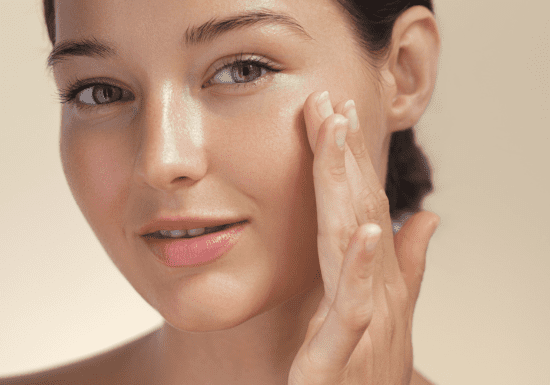Is hydroquinone safe?
It is safe and effective when it’s properly used, when it’s suitable for the person’s concerns, and when it’s used under a doctor’s supervision. This is why it is advisable to consult with a doctor first to determine if this product is suitable for your skin.
How often do I need to use hydroquinone?
Hydroquinone is typically applied once or twice daily for 3 to 6 months, depending on your skin condition and your doctor’s recommendation. Avoid overuse, as it can increase the risk of irritation or side effects.
Are there side effects?
Common side effects include dryness, mild irritation, and redness. These, however, fade or lessen as your skin adjusts to the treatment. Side effects are more likely if hydroquinone is used incorrectly or for prolonged periods.
It's important to follow your healthcare provider’s directions and not exceed the recommended usage period without medical supervision. And if you experience severe reactions, discontinue use and consult your aesthetic doctor.
Who is and isn’t suitable to use hydroquinone?
It is typically recommended for those with hyperpigmentation concerns such as melasma, sunspots, age spots, or post-inflammatory marks. However, it may not be suitable for everyone. Those with very sensitive skin, darker skin tones (due to a higher risk of ochronosis), or known allergies to hydroquinone should avoid its use.
It is also not advised for pregnant or breastfeeding women, or those frequently exposed to the sun as part of their daily routine. To be safe, it’s best to talk to a doctor before starting treatment.
Are there any pre- and post-treatment instructions?
Before treatment: Make sure you're in good overall health and share your full medical history with your doctor, including any conditions like asthma, eczema, or psoriasis. Let your doctor know if you're pregnant, planning to become pregnant, or currently breastfeeding. Don’t forget to mention any allergies or past reactions to skincare products or ingredients.
After treatment: Keep your skin moisturized and avoid direct or prolonged sun exposure, as well as the use of tanning beds and sunlamps. Always apply sunscreen daily (even on cloudy days) and, when possible, wear protective clothing over treated areas to prevent irritation and sun damage.
How can we help?
Cutis Medical Laser Clinics offers skin care products that include prescription-strength hydroquinone for treating different types of hyperpigmentation. Formulated with a prescription strength of 4% hydroquinone, these can lighten the skin and dark spots.
It is also good to know that prescription hydroquinone is not your only option for treating melasma and hyperpigmentation. Browse through our website to learn more about your options or contact us to schedule a consultation.
Your individualized treatment plan, depending on various factors such as your acceptable social downtime, your expected time frame, and your budget, will be explained in detail during your consultation with our aesthetic doctor.
